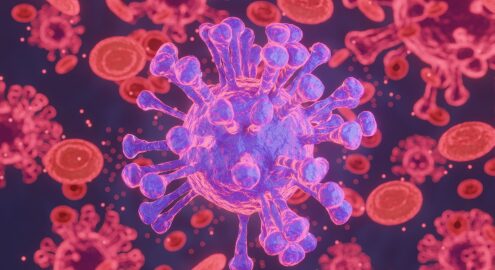Common conditions linked to abnormal discharge
Private Medical Consultation
A thorough review of your symptoms, menstrual history, sexual activity, and recent medication use.

Common conditions linked to abnormal discharge

Allows visual assessment of the vaginal walls and cervix.
A gentle swab is taken from the cervix or vaginal lining.
Identifies the specific infection causing your symptoms.

A thorough review of your symptoms, menstrual history, sexual activity, and recent medication use.

A speculum exam may be performed to assess discharge, inflammation, or irritation.

Samples are collected and sent for laboratory testing to identify yeast, bacteria, or STIs.

Treatment is based on the type of infection and may include:
• Oral or vaginal antifungal medications
• Antibiotics or antiparasitic medications
• Hormonal therapy (e.g., for postmenopausal atrophic vaginitis)
• Partner testing and treatment where indicated

For patients with frequent or persistent infections, follow-up care may include preventive treatment, vaginal pH support, or further evaluation for underlying hormonal, immune, or lifestyle contributors.
All consultations and treatments for vaginal infections are provided at our affiliated clinics: Motherlove, Motherlove GP, and the gynaecology specialist clinic. Care is guided by PHMC guidelines and MOH professional standards, and overseen by doctors registered with the Singapore Medical Council. Accredited under the SMC APOC framework, our medical group provides ethical, discreet, and evidence-based care to support women in restoring confidence and comfort.
No. Clear or white discharge without odour or discomfort is usually normal.
Yes. Hormonal changes, medication use, or unprotected sex can still cause infections.
No. Yeast infections and bacterial vaginosis often arise from imbalances, not sexual activity.
No. Misdiagnosis is common. Improper treatment may worsen the condition or delay proper care.
Yes. Safe treatment options are available. Let your doctor know your status.
Avoid douching, wear breathable underwear, practise safe sex, and attend regular health screenings.